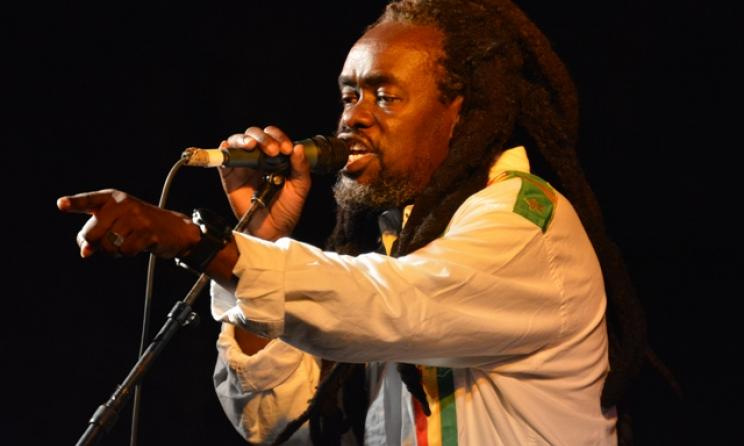GENRE: The Evolution of Reggae Music in Tanzania
3 September 2020

[Photo Credit:fullshangweblog.com]
By Paul A.
Bongo Flava is Tanzania’s most popular music genre at the moment with a global fanbase. However, before the Bongo Flava music dominance, the reggae genre received massive airplay back in the 1980s.
Early versions of bongo music had incorporated a blend of reggae and taarab. Jah Kimbuteh is the first major reggae musician in Tanzania. He began his trade as part of the Roots and Kulture band in 1985.
The genre sprung up after receiving a boost by the visit of Bob Marley to Zimbabwe in 1980. Kimbuteh set the pace for a new crop of artists like the Jam Brothers and Ras Innocent Nyanyagwa. The latter is known for his ‘Hehe’ song that entailed some elements of indigenous rhythms.
The song was released at a time when the country was attempting to find its musical identity. At some point in the mid-1990s, reggae music was in the limelight following the incorporation in the local gospel rhythms.
In the modern era, Ras Nas is among the few professional reggae artists from Tanzania. Although reggae is originally a Jamaican sound, Ras Nas is known to give it a local touch by combining with afro, and dub poetry.
His latest album release "Dar-es-Salaam" contains eight songs. Nas is among the only Tanzanian artists with a reggae album. He has been working on his second album called, "Love Story".
Reggae musicians in Tanzania are rarely in the mainstream media and many are considered to be underground. To catch a glimpse of the bongo reggae, fans usually enjoy live bands.
Popular live reggae bands include the Kilimanjaro Connection, Bantu Group, and Tanzanites. With little mainstream coverage, most bands usually embark on regional tours across the country.
Reggae musicians like Brina have demonstrated how the Jamaican sound can be fused with Swahili. The singer ventured into projects to show how the Jamaican-Reggae-Swahili cross-cultural musical fusion.
The Tanzanian reggae genre mostly incorporates poetry and it resonates well with the older generation. As the original intention of the Jamaican reggae, bongo musicians use music to address social justice issues, leadership, and personal growth.
The Tanzanian reggae also incorporates "call and response" in its vocals. Notably, the bongo reggae has emulated other East African countries. It is similar to Sudan where beats, drums, and bass guitar from reggae music have been adopted in local genres’. However, most reggae artists from Tanzania are known not to fully adhere to the Rastafarian culture.





Leave your comment